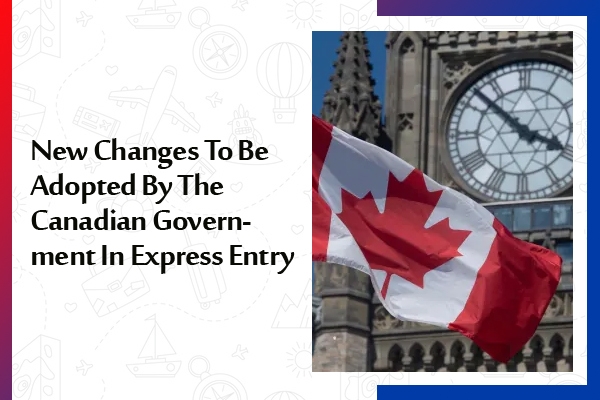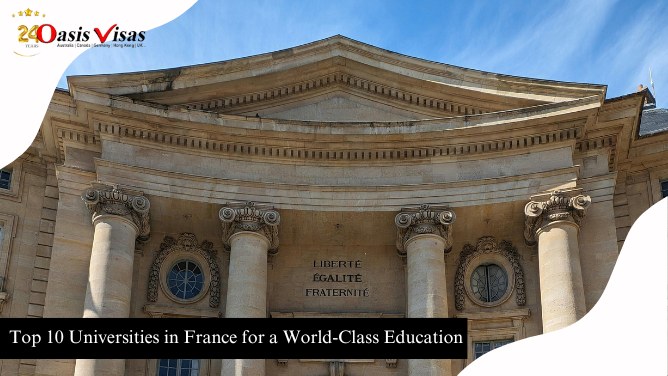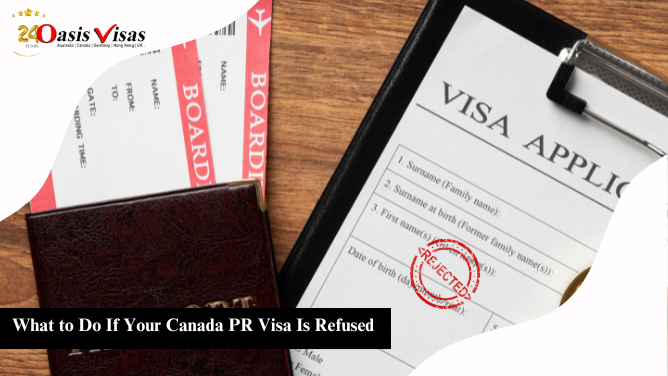
The Canadian government is planning changes to the Express Entry system, which would allow the immigration minister to invite candidates based on an economic goal.Aiden Strickland, a spokesperson on behalf of the immigration minister, said that these proposed changes will improve Canada’s ability to select applicants that match its economic needs.
“Through our growing pool of candidates seeking to become permanent residents, this will allow IRCC to conduct targeted draws aimed at selecting those in the queue that have certain language skills or health care qualifications to name a few examples,” Strickland wrote. “This will be essential in addressing Canada’s labour shortages.”
The changes are currently being discussed in the Canadian parliament. On May 19, Philip Somogyvari from Immigration, Refugees and Citizenship Canada (IRCC) presented the proposed changes to the Standing Committee on Immigration and Citizenship, a committee of elected officials that studies matters related to Canadian immigration.
“Eligibility requirements to be a member of a category would be established by the minister and could be based on factors such as work experience, educational background or language skills,” Somogyvari said.
“For example, if there was a desire to leverage immigration to support the growth of Canada’s tech sector, a category of Express Entry candidates would be created based on criteria such as their possession of work experience in their sector occupation and/or their possession of a related educational credential. Invitations could then be issued to the top-ranked candidates in that category.”
The draw details, including the unique eligibility criteria, would continue to be published on the IRCC website. The minister would also have to identify the economic goal they are seeking to support, and report annually to Parliament on the use of these draws. When asked by NDP immigration critic, Jenny Kwan, which occupations would be specified in these draws, Somogyvari said the government currently has no occupations listed.
Currently, the immigration minister does not have the ability to invite candidates from the Express Entry pool who have a particular work experience, educational credential, or who are French speakers destined to an official language minority community. If the proposed amendments to division 23 of Bill C-19 are passed, that could change.
“The changes themselves would permit, for example, the minister to focus on all French-speaking candidates within the Express Entry pool,” Somogyvari said. “Currently, while French-speaking candidates are provided with bonus points which will increase their ranking score, it may not invite all French-speaking candidates within the pool. Theoretically, with the proposed authorities in use, if the minister chose to do so, the department would be able to conduct an invitation round that would virtually invite all of the identified French-speaking candidates within the Express Entry pool.”
The process for determining which groups would be selected is still being developed. Somogyvari said the government would likely make such decisions after consultation with employer groups, stakeholders, the objectives within the Immigration and Refugee Protection Act, Employment and Social Development Canada, and provincial and territorial governments.









